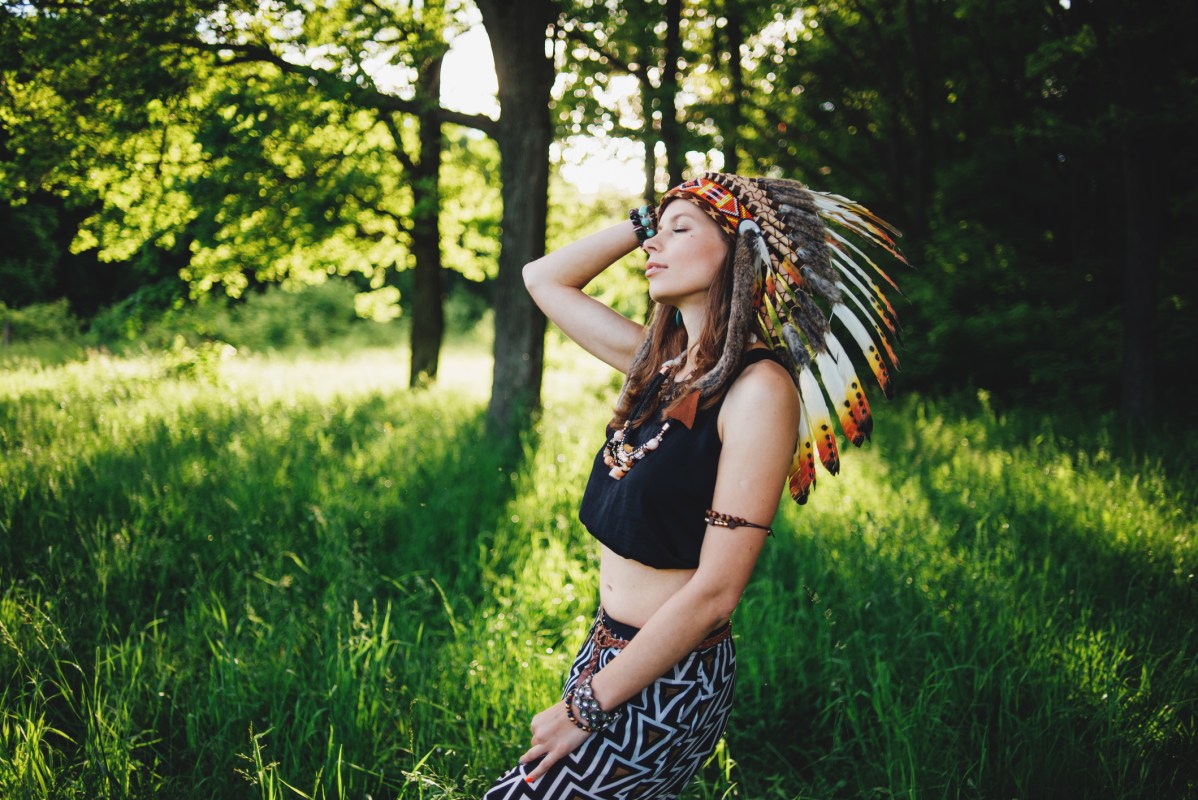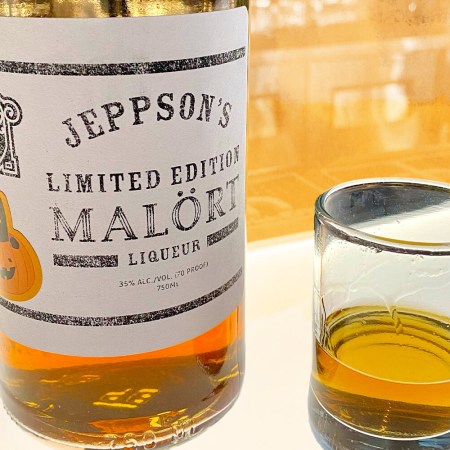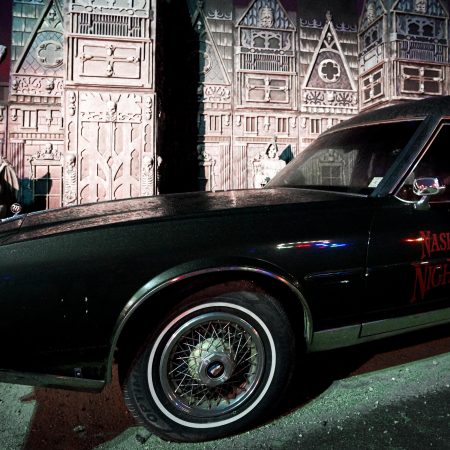Megyn Kelly’s ouster at NBC can be traced to her defense of using “blackface” during Halloween, but lost in the outrage was another costume-choice she defended that some found extremely offensive.
During that controversial round-table, swept away in the backlash, Kelly also supported the idea of dressing up as a Native American.
“The costume police are cracking down like never before,” Kelly said during the October 23 segment. “Obviously, you cannot dress as a Native American — that’s apparently been some rule for a long time…isn’t the whole purpose of Halloween to dress up and pretend you are something other than yourself?”
There are millions of people who apparently haven’t gotten the message that it’s “some rule.” Spirit Halloween still has plenty of Native American costumes for sale, and Yandy, a retailer forced to yank “Sexy Handmaid’s Tale” costumes from its shelves earlier this year due to backlash over its making light of rape, reportedly has 44 variations of Native American costumes and accessories available for purchase.
Indeed, a rep for the site told Cosmopolitan last year that its Native line brought in $150,000 of revenue in 2016.
“It seems like most people are unaware that Native Americans are still a living breathing peoples, with their own governments, and we’re not a stereotype. We’re not a costume,” Shannon Keller O’Loughlin, the Executive Director of the Association on American Indian Affairs (AAIA), told RealClearLife in a phone interview.
“What many Native Americans wear for ceremony or dance or some other spiritual reason is not a costume.”
Millions of people willing to shell out for “Native American” costumes from Spirit and Yandy beg to differ. Neither company responded to requests for comment, but Yandy recently told Bustle all costumes are designed with “good fun” — not racism or cultural appropriation — in mind.
“The costumes Yandy sells are never meant to mock any culture,” Pilar Quintana-Williams, Vice President of Merchandising of Yandy, said. “We are inspired by all design aspects of the world which are reflected in a variety of our products. I personally have lived in the Southwest my whole life and a great deal of my inspiration for all my designs comes from that.”
This response — “I didn’t mean it to be offensive” — is a common justification, according to Dr. Adrienne Keene, a Native American academic and activist who teaches courses on Indigenous Education and broader Native American studies at Brown University.
“I realize you didn’t pick the costume to be offensive,” Keene wrote in a 2013 post on her site, Native Appropriations, about confronting people who wear Indian costumes. “I’m not saying you’re a bad person – I’m just saying that these costumes are really hurtful to Native peoples, because they turn us into fantasy creatures based on harmful stereotypes…it might be “just” Halloween, but these issues play out all year as well. The costumes and stereotypes are just symptoms of much deeper issues.”
These “deeper issues” include current legislation that aims to dismantle Native Americans’ historical standing by reclassifying Native Americans as a race, rather than members of separate governments. There is also the recent Texas ruling that classified the Indian Child Welfare Act — designed to keep Native children within Native families — as discriminatory toward non-Native people.
“The current administration is looking at Indian law in a much different way, whereas tribes have a political relationship with the United States based on treaties and other federal law and the U.S. constitution,” O’Loughlin said. “The current administration is trying to remove that designation and treat us like a race of people, like any other minority, thereby kind of taking away all of the programs and our sovereignty as separate governments.
“Now more than ever we need people to be educated and to help support what we’re doing.”
The bottom line is there is only one instance where it’s okay to dress up as a Native American, according to O’Loughlin. And it’s not connected to Halloween.
“If there are people who are non-Native involved in ceremonies or spiritual activities, that are doing it as a part of a Native American ceremony, then that would be appropriate. Dressing up as a costume to go trick or treating is not appropriate — ever.”
This article was featured in the InsideHook newsletter. Sign up now.
























